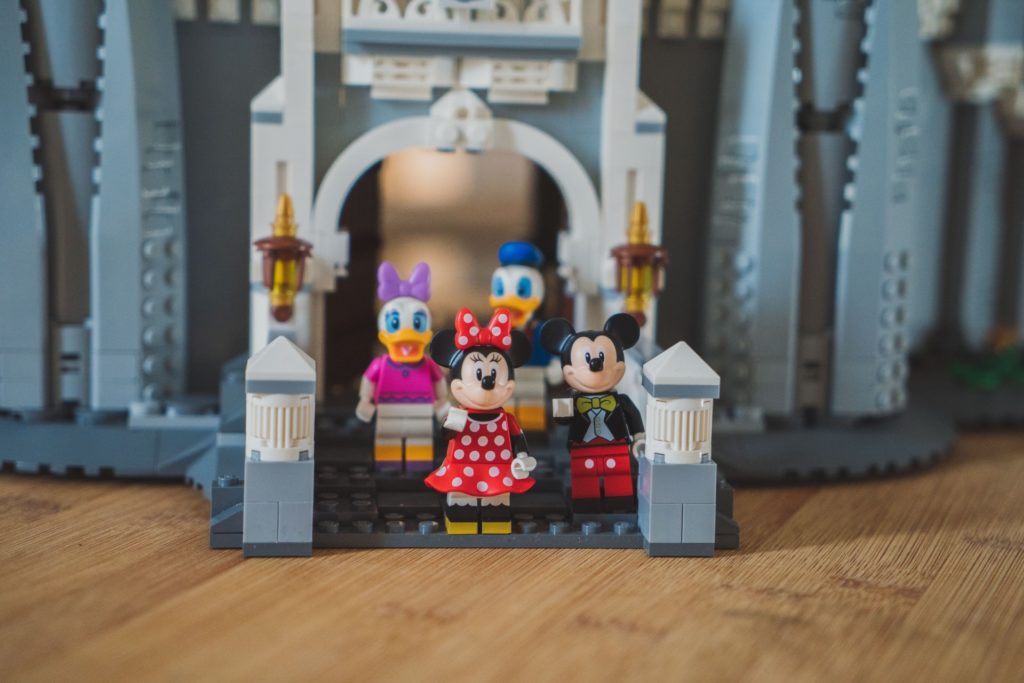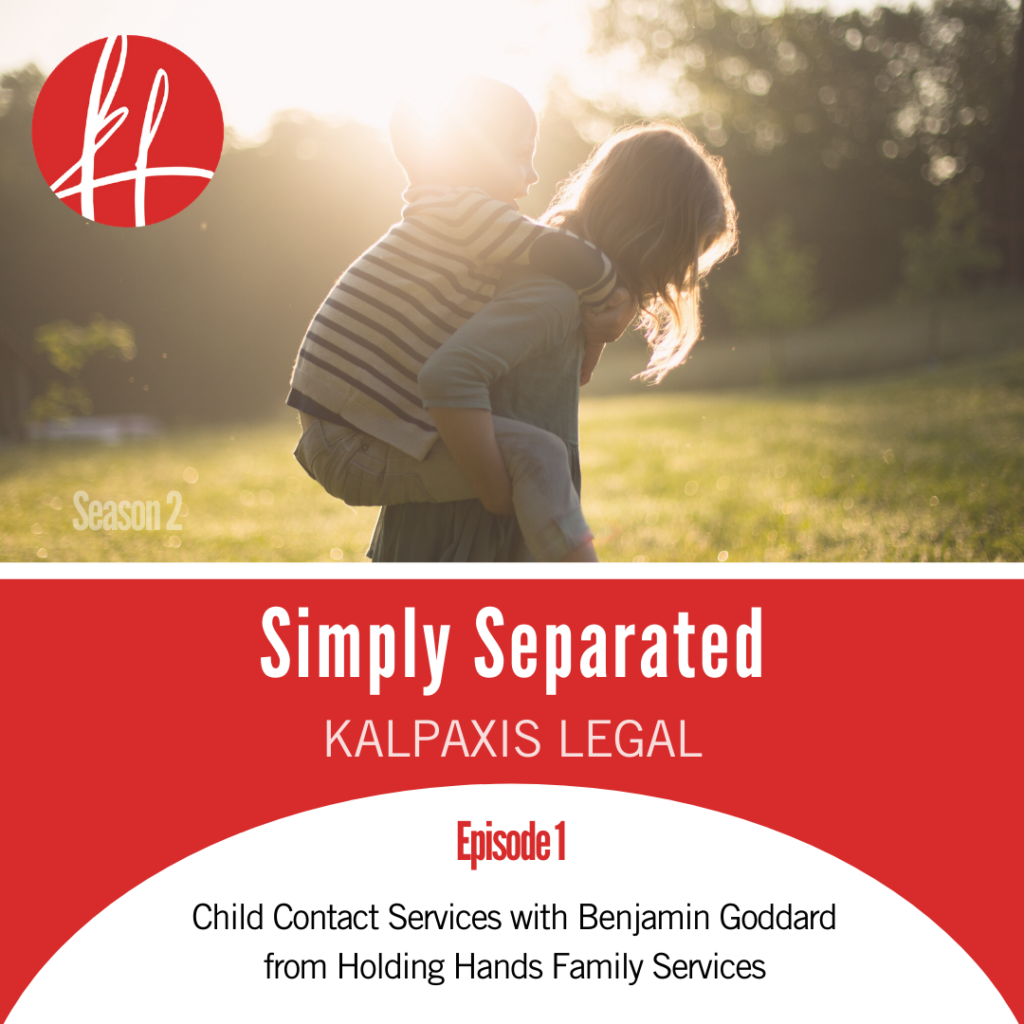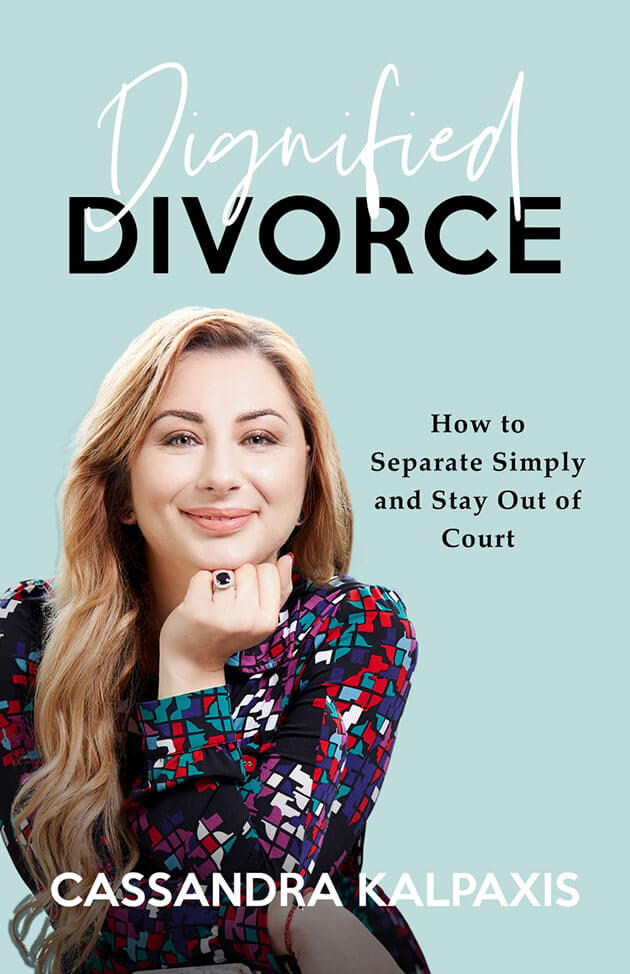
With the recent announcements of changes to the Family Court of Australia, and the ever-existent backlog of the Courts, there is an increased need for you to resolve your dispute through Alternative Dispute Resolution methods outside of Court.
Why should you wait a considerable amount of time, and as a result, spend unthinkable amounts of money waiting for the next step, when you have the ability to take control of your dispute, and utilise processes that offer flexibility, positive communication and resolutions that provide support, transparency and clarity for the near and distant future.
At Kalpaxis Legal, we are proud to offer a number of Alternative Dispute Resolution pathways, such as Mediation, Arbitration, Family Dispute Resolution and Parenting Coordination. If you haven’t yet heard about Parenting Coordination, click here to read our Support Space article here.
By now you would know about Mediation entails, but to refresh your memory we outline the process below.
Refresh my memory… what is Mediation?
Mediation is a process where you and the other party involved in a dispute are assisted by a Mediator, who is an experienced, neutral and impartial third party who aims to help resolve your dispute and guide the process.
A Mediator will listen to both you and the other party as to your concerns, needs, goals and objectives.
The aim of Mediation is to provide a comfortable atmosphere wherein you and the other party are able to freely engage in discussions relating to your dispute with a view of achieving an outcome at the end that is agreeable to the two of you. If all goes well and discussions are fruitful, the agreement reached between the two of you can be encompassed, formally, through written documentation.
Understandably, the benefits of the Mediation process include:
(1) Less time and money expended than being embroiled in litigation
(2) Being guided and assisted by a neutral third party who has a wealth of experience
(3) A confidential and comfortable environment where you are able to freely raise your concerns and voice your needs without the pressure of having it used against you later on
(4) The ability to allow other collaborative and allied dispute resolution professionals such as Accountants, Psychologists, Counsellors and Health Coaches to provide their input in an effort to support you during this journey
(5) The ability for Mediation to occur from the comfort of your own home with the option to choose flexible methods of conducting the Mediation such as shuttle-style, telephone, web conferencing or face-to-face.
Why would I need a series of Mediations?
We often see people just like you who want to book in a Mediation.
It’s important for you to know that your dispute may be (and usually is) larger than you imagined and cannot be confined in the small timespan of one day.
If you are going through a Family Law dispute, your dispute is likely to involve Parenting and/or Property. For many scenarios, possibly yours, this may involve both. Even if it was to encompass one or the other this already raises a number of issues that need to be dealt with that we commonly encourage to be addressed through a series of Mediations.
For example, “Property Disputes” can commonly involve the following:
Ascertaining financial and non-financial contributions
Discussions around the selling or refinancing of property
Trust structures and interests in companies or businesses
Superannuation issues such as self-managed superannuation funds (SMSFs)
Interim property matters such as who is going to live in the property until settlement?
Large asset pools and investment portfolios
Rental income issues
Repair works and maintenance of the property
And so forth.
With “Parenting Disputes”, your Mediation can seek to address a number of the following issues also:
Children with special needs
Spending time with the children, what does this look like?
Schooling and education
Medical and health care
Long-term goals for the children such as university, work and travel
Mental health and assistance needing to be required by the relevant treaters
Communication with the other parent
Issues concerning extended family members such as grandparents, aunts and uncles
New partners and step parents
The list goes on….
Simply by looking at the above, it is clear that if your dispute even just contains either Parenting or Property that confining these issues in the span of a day can be disadvantageous to a resolution that is not only fruitful, but tenable for the future.
This is obviously impacted should your dispute include both.
In addition to Parenting and Property issues, your Family Dispute can involve other issues such as spousal maintenance, child support, breaches of existing orders (Contraventions), and agreements reached in a collaborative, amicable fashion to not pursue Court in the future.
In an effort to address each branch of the major issues of your dispute, we encourage you to consider organising a series of Mediations.
Why’s that?
Because you can allocate a specific date to a specific issue or set of issues.
You also have the ability to craft the process however you like through your proposal.
For example, dependent on the circumstances of your dispute, you may wish to allocate your Mediations as follows:
Mediation 1 (half-day) – Property Issues (if these are minimal in your matter)
Mediation 2 – Parenting Issues
Mediation 3 – Deeper and peripheral parenting issues such as Family Therapy, Children’s medical appointments and longer-term issues that weren’t resolved in Mediation 2
Please note that the above is simply one example of how you can craft the process to suit your specific circumstances.
What can make the process of a series of Mediations even more beneficial?
In addition to the benefits mentioned above, there is unique utility in allowing the professional expertise, input and advice from allied dispute resolution professionals to engage in the process.
As a series of Mediations provides you with a more relaxed, comfortable atmosphere that is not symbolic of a “high pressure cooker” environment, there is even more opportunity for those allied professionals to have a say in what they believe and advise to be of assistance for a long-term, tenable resolution.
If you were to engage in a series of Mediations without those additional professionals, it certainly still is beneficial, but if the opportunity arises and you have the consent of the other party the benefits sky rocket.
Why is that?
Lawyers are lawyers and Mediators are Mediators.
Lawyers are not Accountants. In a similar way, Mediators are not Grief Experts or Counsellors.
Mediators guide the process, but they regrettably do not have the specialised experience in these peripheral issues that may arise. This is not a discredit to Mediators or Lawyers, but it is simply fact, otherwise we wouldn’t have people having a career in these other professional roles!
Accountants have studied accounting, have decades of experience in these fields much like Counsellors, Real Estates or Nutritionists do. Whilst Mediators and Lawyers are aware of these issues it is simply not true to state that they have specialised experience in these fields.
As legal or dispute resolution professionals, we simply do not know the finer details of tax implications on your self-managed superannuation funds, or the effect of unmanaged grief twenty years down the track. We do know though that it does have an effect, but the ins-and-outs of the effects we simply cannot say.
Lawyers provide legal advice.
You would not go to a Nutritionist for legal advice, or a dentist for advice on your knees.
The greatest takeaway from a series of Collaborative Mediations is that you’re able to become fully aware of these implications and how they are needed to be addressed during the discussions that you have in Mediation, with the support, guidance and advice from the relevant professionals.
Want to learn more about resolving your Parenting dispute through a series of Mediations? Get in touch with us (click here!) to book in a consultation with the KL Family.

Written by Stefano Cammarano
Collaborative Family Lawyer








